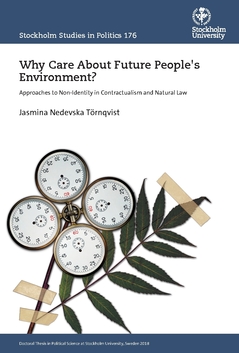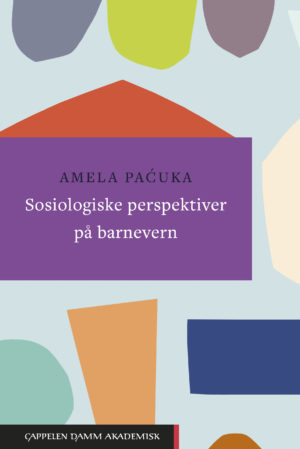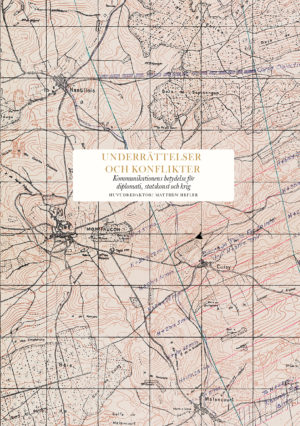This dissertation analyses the capacity of two moral theories, contractualism and natural law, to justify environmental intergenerational duties. While contractualism is influential among political liberals, natural law appeals to many political conservatives.
The point of departure of the study is the non-identity problem, discussed by Derek Parfit. It is demonstrated that, for person-affecting theory, such as contractualism, non-identity implies that it is not morally objectionable to leave an unsustainable environment for future people.
The justification of environmental intergenerational duties in natural law, however, has not been studied extensively before. The dissertation explores an impersonal natural law approach to non-identity, employing John Finnis’ account of basic values. It is argued that natural law offers its own basis for environmental intergenerational duties.
An institutional version of the non-identity problem is discussed indepth. A political person affecting restriction can be ascribed to both contractualism and natural law. It could lead to the paralysing conclusion that, even if there are environmental intergenerational duties in a moral sense, we are not permitted to use political institutions to enforce them. With regard to natural law, the dissertation explores how the use of institutions can be justified impersonally by reference to an intergenerational common good.
This is a Doctoral Thesis in Political Science at Stockholm University, Sweden 2018.
Stockholm Studies in Politics 176.







